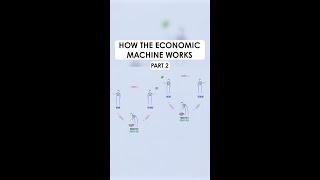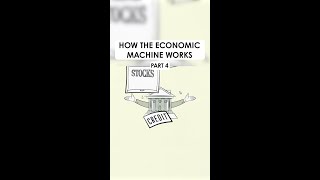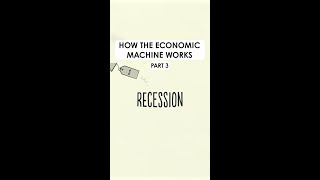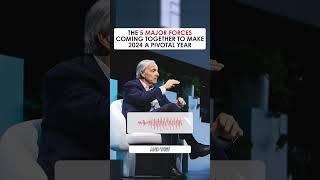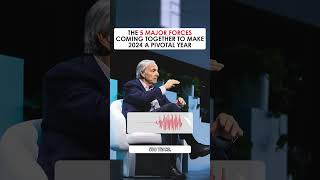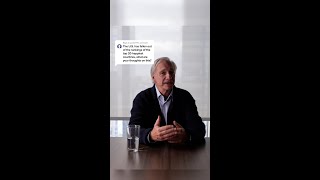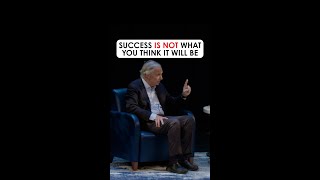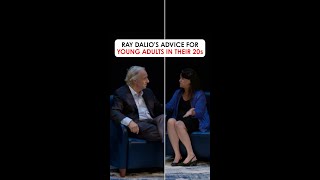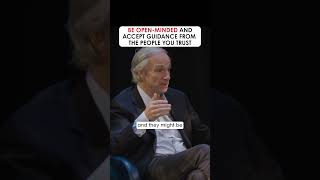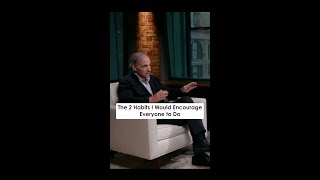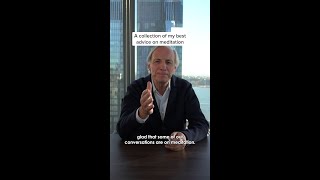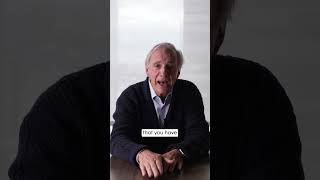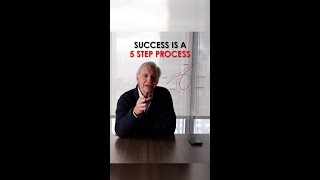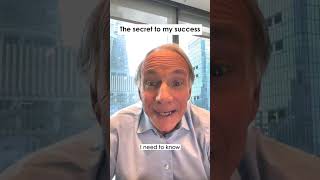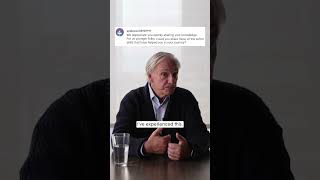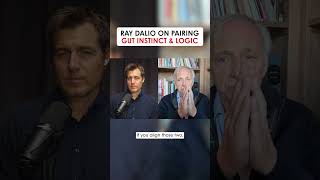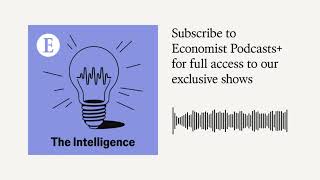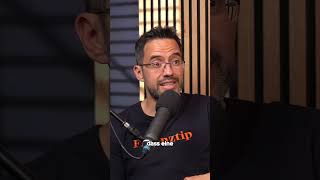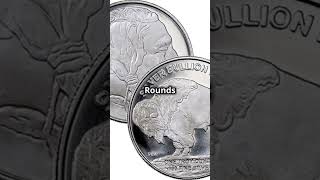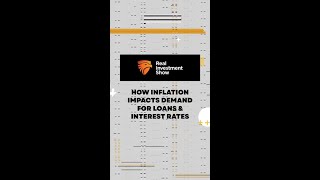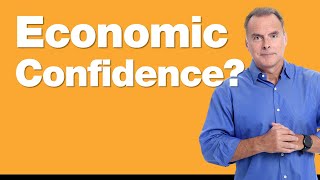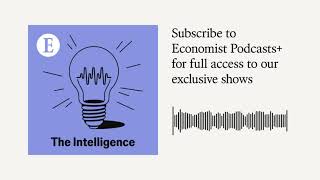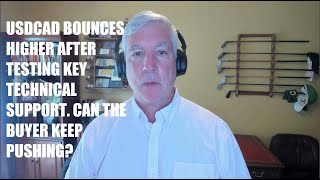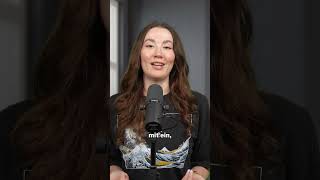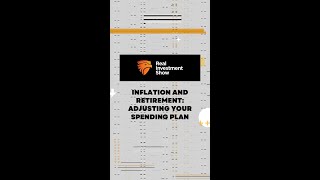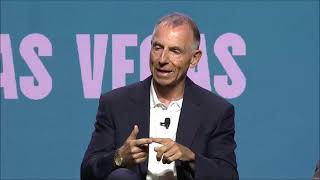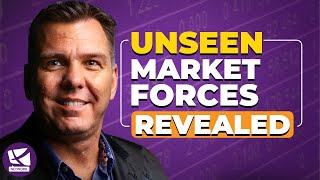Category Archive: 9d.) Ray Dalio
How The Economic Machine Works: Part 2
This simple animated video series answers the question, "How does the #economy really work?" Based on my practical template for understanding the economy.
This series breaks down economic concepts like #credit, #deficits and #interest rates, allowing viewers to learn the basic driving forces behind the economy, how economic policies work and why economic cycles occur.
This is Part 2, I hope you find these helpful.
If you enjoy this,...
Read More »
Read More »
How The Economic Machine Works: Part 4
This simple animated video series answers the question, "How does the #economy really work?" Based on my practical template for understanding the economy.
This series breaks down economic concepts like #credit, #deficits and #interest rates, allowing viewers to learn the basic driving forces behind the economy, how economic policies work and why economic cycles occur.
This is Part 4, I hope you find these helpful.
If you enjoy this,...
Read More »
Read More »
How The Economic Machine Works: Part 3
This simple animated video series answers the question, "How does the #economy really work?" Based on my practical template for understanding the economy.
This series breaks down economic concepts like #credit, #deficits and #interest rates, allowing viewers to learn the basic driving forces behind the economy, how economic policies work and why economic cycles occur.
This is Part 3, I hope you find these helpful.
If you enjoy this,...
Read More »
Read More »
The 5 Major Forces Coming Together to Make 2024 a Pivotal Year: Part 2
Here’s part 2 of a summary of the 5 major forces coming together to make 2024 a pivotal year, from my conversation with Jim Haskell, editor of the Bridgewater Daily Observations.
If you enjoy this, you can find the full conversation on YouTube here: _xOYQ
#conflict #geopolitics #economics #china #raydalio #principles
Read More »
Read More »
The 5 Major Forces Coming Together to Make 2024 a Pivotal Year: Part 1
Here’s part 1 of a summary of the 5 major forces coming together to make 2024 a pivotal year, from my conversation with Jim Haskell, editor of the Bridgewater Daily Observations.
If you enjoy this, you can find the full conversation here: _xOYQ
#conflict #geopolitics #economics #china #raydalio #principles #shorts
Read More »
Read More »
How the Economic Machine Works: Part 1
This simple animated video series answers the question, "How does the #economy really work?" Based on my practical template for understanding the economy.
This series breaks down economic concepts like #credit, #deficits and #interest rates, allowing you to learn the basic driving forces behind the economy, how economic policies work and why economic cycles occur.
This is Part 1, I hope you find these helpful.
If you enjoy this, you...
Read More »
Read More »
Is the United States Less Happy?
Is the United States less #happy?
#raydalio #principles #happiness #mindfullness #education #healthcare
Read More »
Read More »
OceanXplorers Unknown Worlds Trailer
Exploring the ocean and bringing it back to you and others through great media is a mission of mine, so a few years ago my son Mark and I founded the ocean science, media, and exploration non-profit @OceanX
Read More »
Read More »
Success IS NOT What you Think it Will Be
Never rule out a goal because you think it's unattainable.
#raydalio #principles #advice #motivation #lifeadvice
Read More »
Read More »
Advice for Young Adults in Their 20s
THESE are the most important things for 20 year olds to consider.
#raydalio #principles #advice #motivation #lifeadvice
Read More »
Read More »
Be Open-Minded and Accept Guidance from the People you Trust
Be open-minded and accept guidance from people you trust.
#raydalio #principles #graduation #graduationday #advice #mentorship #motivation #lifeadvice #shorts
Read More »
Read More »
The 2 Habits I Would Encourage Everyone to Do
The 2 habits I would encourage everyone to do.
#raydalio #principles #meditation #mindfulness #reflection
Read More »
Read More »
A collection of my best advice on meditation
I am grateful that we have had so many meaningful conversations on #meditation, here are a few of my favorite tips.
#principles #raydalio #advice #mindfulness #mindfulnessmeditation #selfcare
Read More »
Read More »
You Need to Fail Well.
Everyone #fails. Anyone you see succeeding is only succeeding at the things you're paying attention to--I guarantee they are also failing at lots of other things.
#raydalio #principles #success #lifeadvice #mentor #motivation
Read More »
Read More »
Be generous and expect generosity from others
If you're not generous with others and others aren't generous with you, you won't have a quality relationship.
#raydalio #principles #lifeadvice #kindness #empathy #support #mentor #shorts
Read More »
Read More »
Love is the Most Important Soft Skill
#Love is the most important soft skill...
#raydalio #principles #lifeadvice #kindness #empathy #support
Read More »
Read More »
Ray Dalio on What Makes a Great Team
Radical #truth and transparency is critical to building great teams.
#raydalio #principles #lifeadvice #workadvice #relationships #teamwork
Read More »
Read More »









